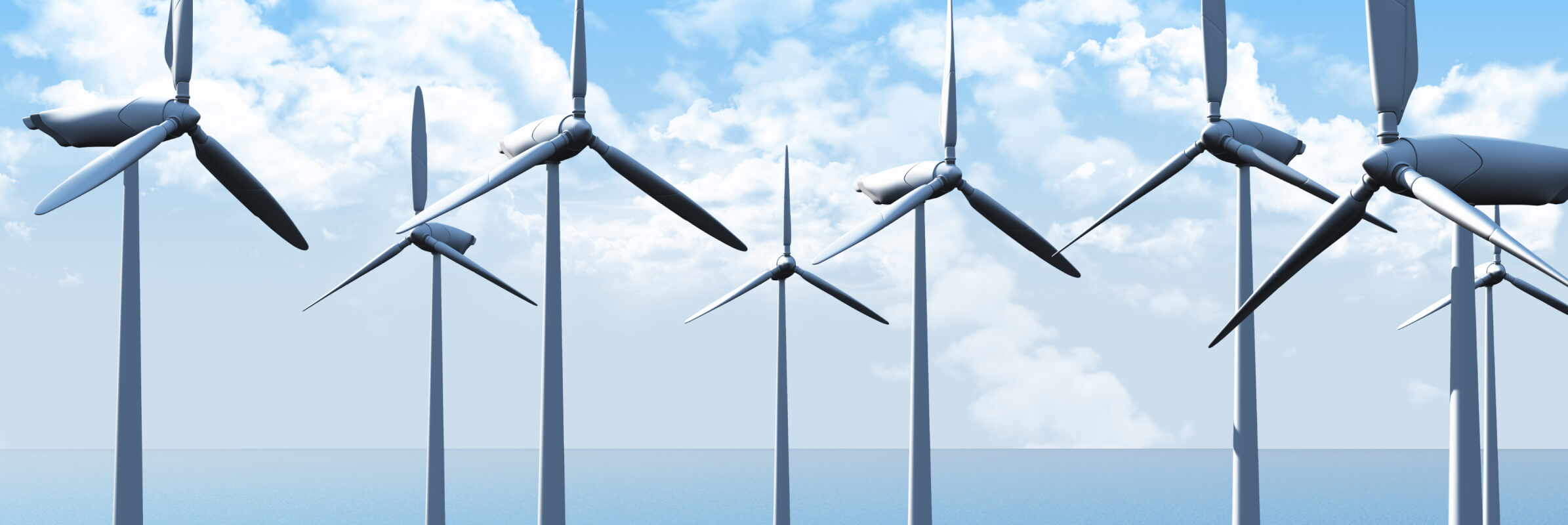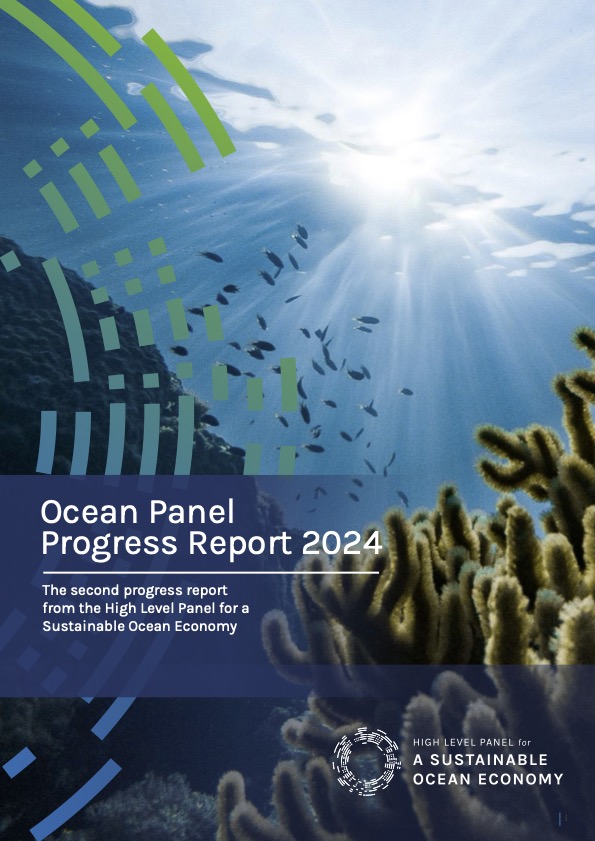The Ocean Panel’s Transformations agenda outlines a set of ambitious, yet practical recommendations to reshape the way we safeguard and utilise the ocean over the next decade—and ultimately manage humanity’s impacts on it—through transformative actions across these 5 key pillars: Ocean Wealth, Ocean Health, Ocean Equity, Ocean Knowledge, and Ocean Finance.
Transformations Agenda
riqueza oceánica
Creating a Flourishing Future for Ocean-Based Industries
Undergo a transformative shift towards a sustainable and regenerative ocean economy, where ocean-based industries flourish while the ocean’s ability to provide for present and future generations is safeguarded.

Encouraging Progress
The Ocean Wealth pillar (above) shows accelerating progress, to varying degrees, in transitioning towards more sustainable and regenerative models aligned with the 2030 vision. Most notably, all countries have made some form of progress in implementing policies and measures to address eliminating illegal, unreported and unregulated fishing, with three countries self-assessing this as ‘achieved’. A further four countries have taken steps to prohibit harmful fisheries subsidies, and two countries have set national targets to support vessel decarbonisation. Additionally, 16 countries have made at least some progress towards sustainable tourism. However, areas such as fair benefit-sharing for marine genetic resources still require renewed focus.
Progress Towards Sustainable Tourism
Active Case Studies
Ocean Panel countries are taking urgent action in various areas for ocean wealth: Ghana has introduced a closed season for artisanal and industrial fishers to help recover overexploited and depleted fish stocks; Japón established the Act on Ensuring the Proper Domestic Distribution and Importation of Specified Aquatic Animals and Plants in 2020 to safeguard the Japanese market from IUU fishing; Canadá y el Reino Unido announced a joint commitment to support the Joint Analytical Cell, a collaborative initiative which provides authorities with the intelligence, analysis and capacity building needed to combat IUU fishing activities; and Chile, in collaboration with the Mærsk Mc-Kinney Møller Center for Zero Carbon Shipping, aims to identify where ‘green corridors’—zero-emission maritime routes between two or more ports—could be located and establish frameworks for the use of zero- or low-emission fuels.
Ocean Panel Action Groups have also helped support the ocean wealth pillar. Below shows how the Ocean Renewable Energy Action Coalition (OREAC), an Action Group that has completed its mandate, did so by accelerating the global clean energy transition.
OREAC was formed in response to the 2019 call for ocean-based climate action by the Ocean Panel, and represented ocean energy in the global dialogue on a sustainable ocean economy. OREAC produced a report and toolkit which articulated a global vision for 1,400 gigawatts of offshore wind by 2050 and outlined a path forward for countries, companies, financiers and civil society to achieve it. This ambitious vision was based on data from the International Renewable Energy Agency and signified a significant milestone in the global clean energy transition. OREAC’s mission aligned closely with the priority actions for the ocean wealth and ocean health pillars of the Transformaciones agenda.
OREAC was spearheaded by the Global Wind Energy Council and other leading players such as Ørsted and Equinor.
OREAC’s strong engagement led to the creation of two new initiatives to drive offshore wind energy, benefitting nature and the economy: the Global Offshore Wind Alliance (GOWA) and Ocean Energy Pathway (OEP). GOWA is focused on lessons learned on how to apply offshore wind most effectively for people, nature and climate. It had 20 governmental members as of July 2024. OEP is an offshore wind accelerator aiming to unlock offshore wind at scale with a goal of achieving two terawatts of offshore wind generated by 2050 globally. It is active in 10 offshore markets and delivers technical assistance to governments and communities in their implementation of offshore wind.


